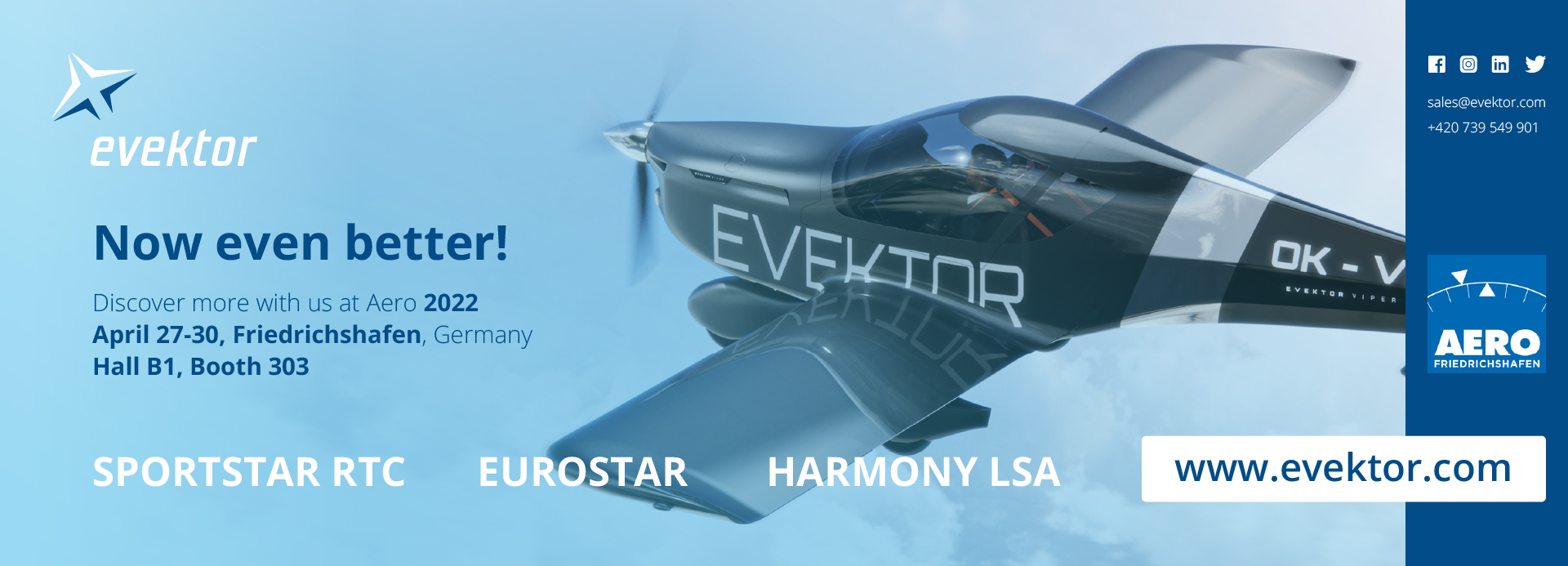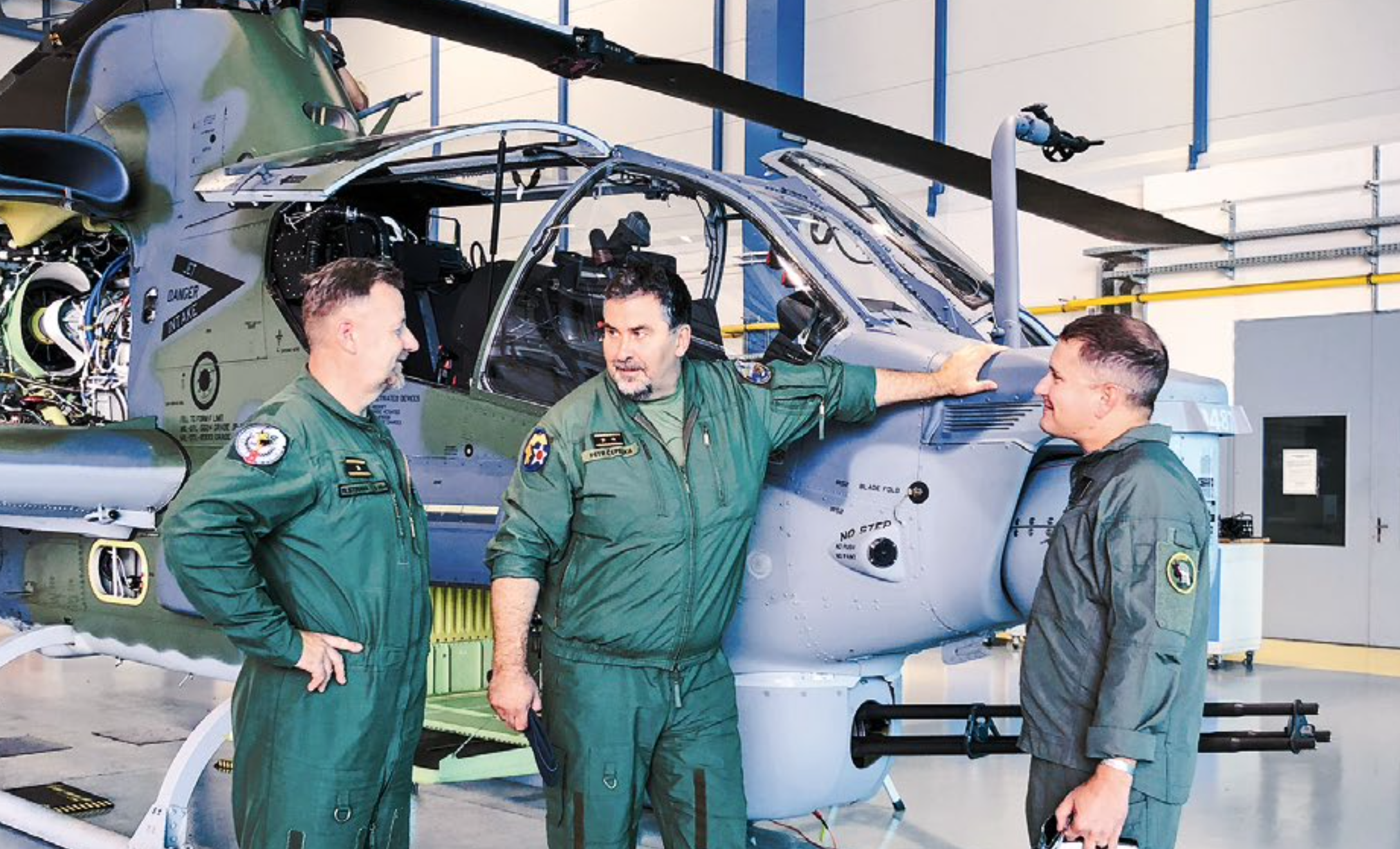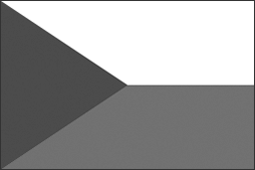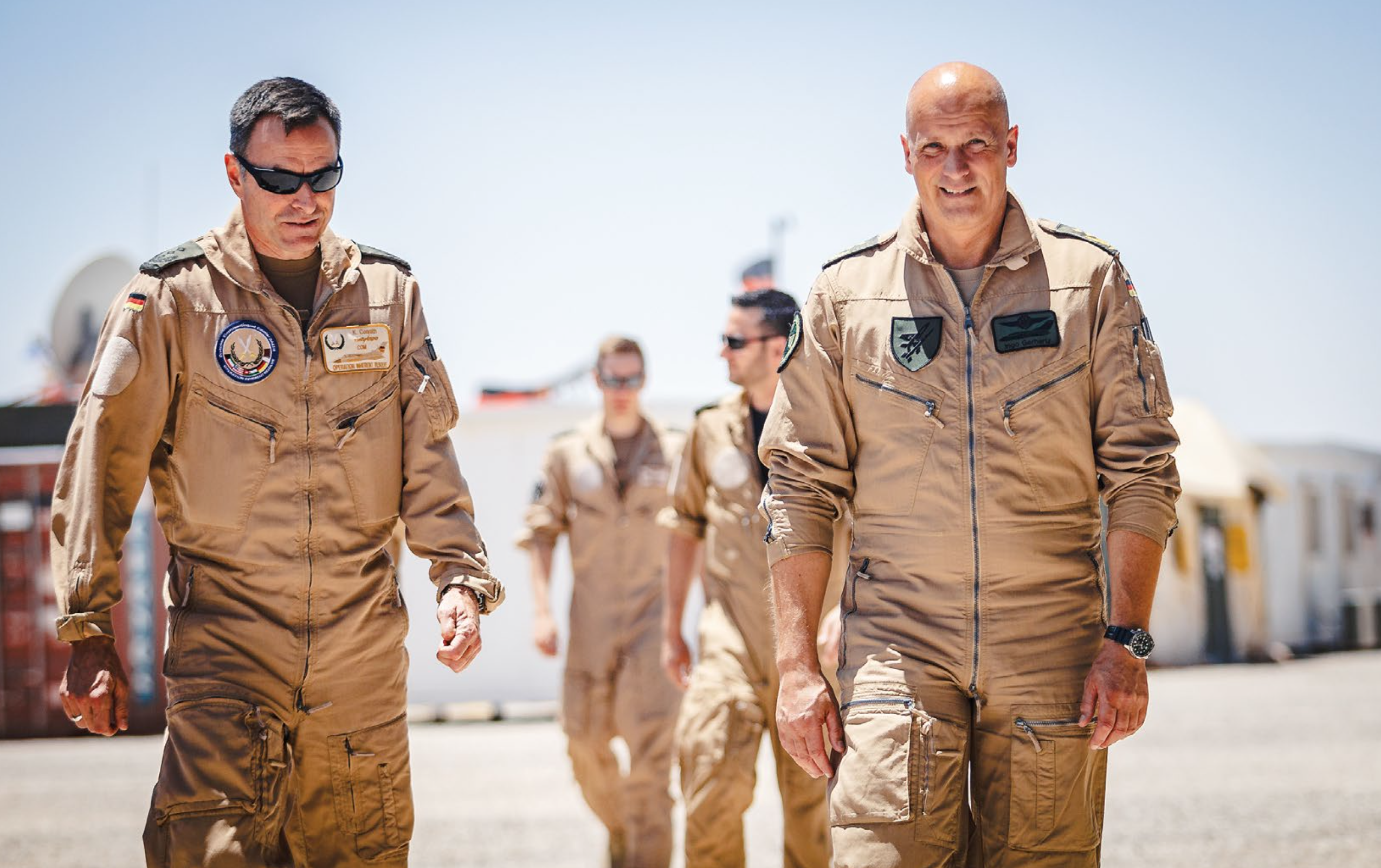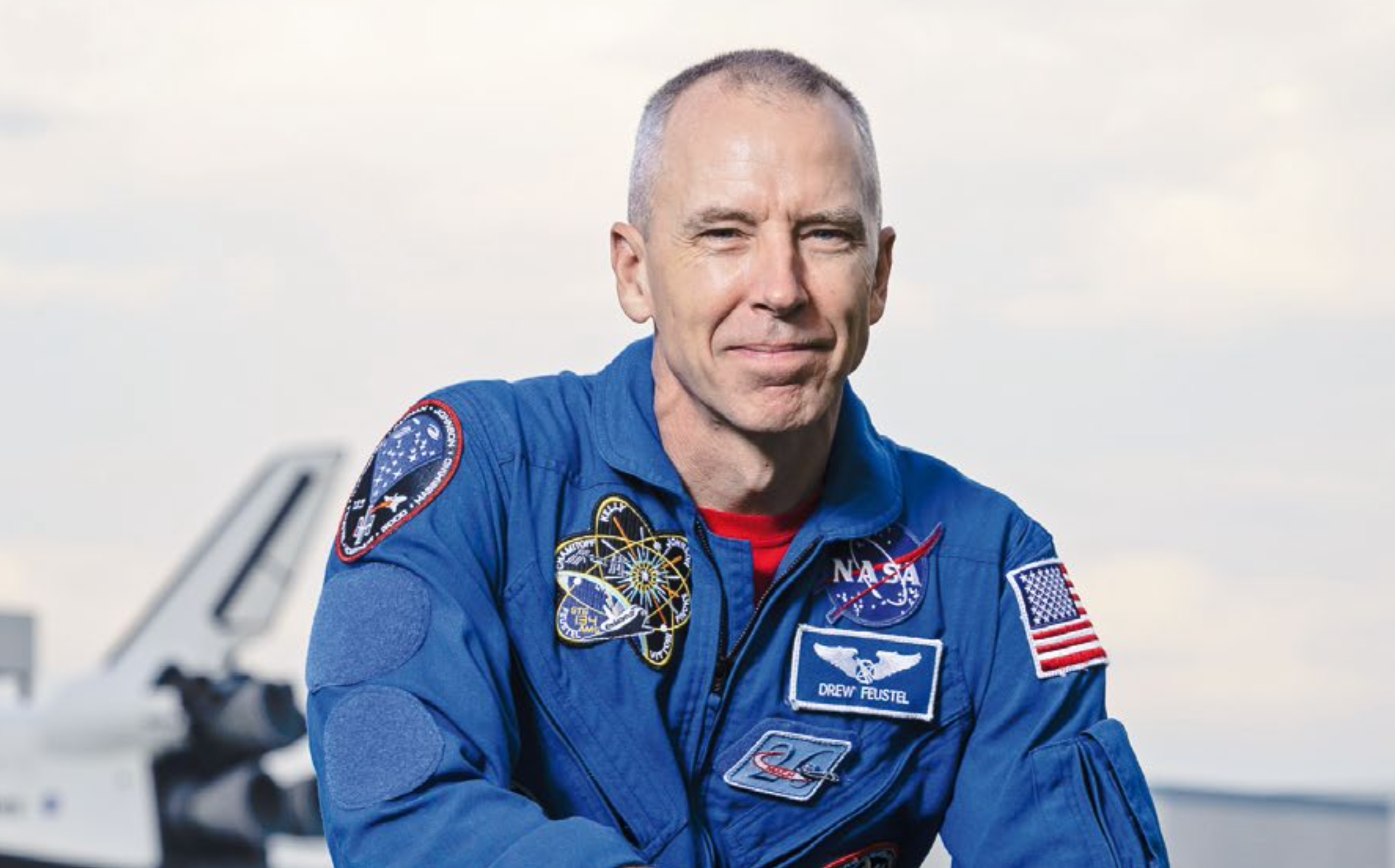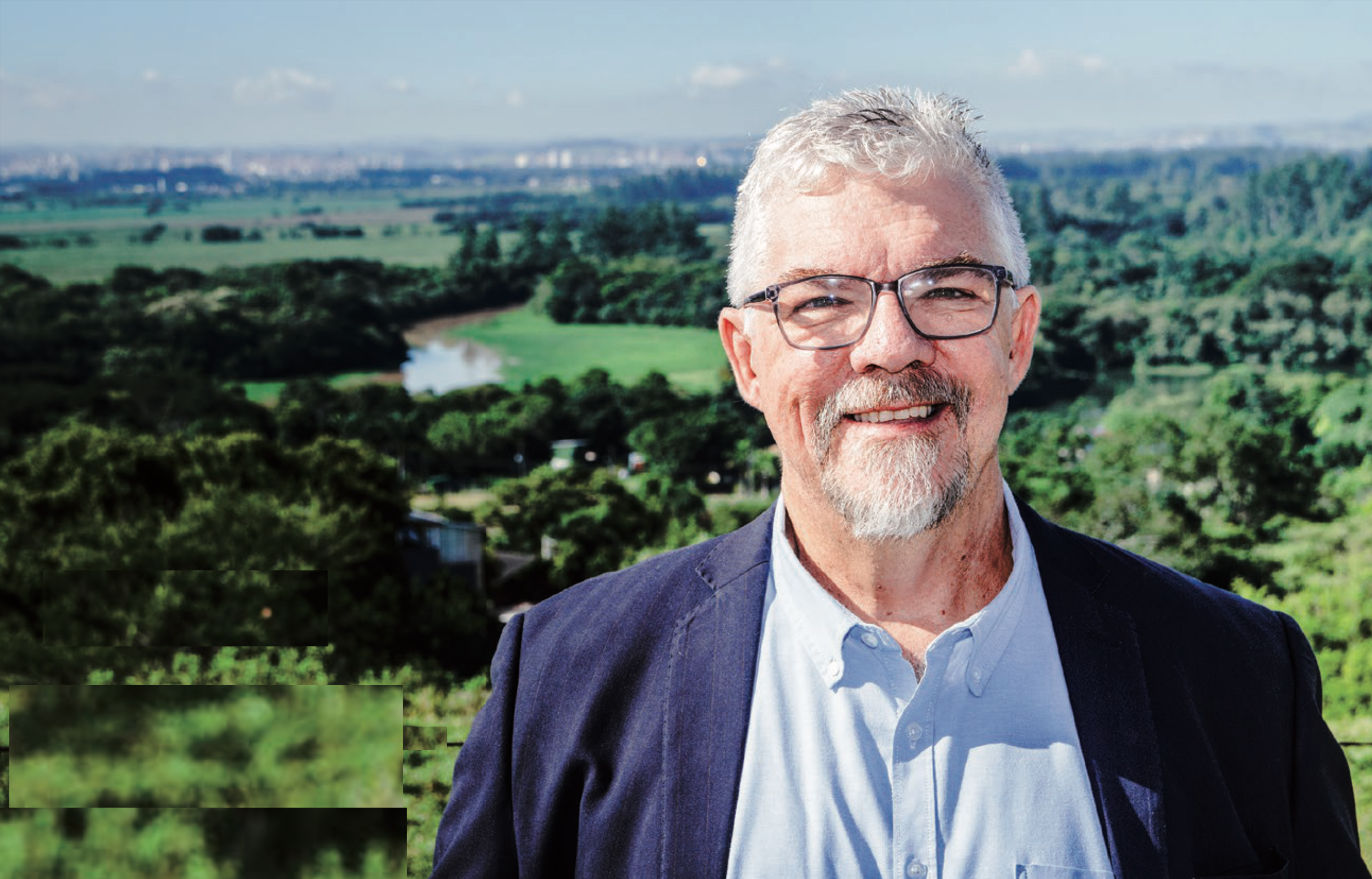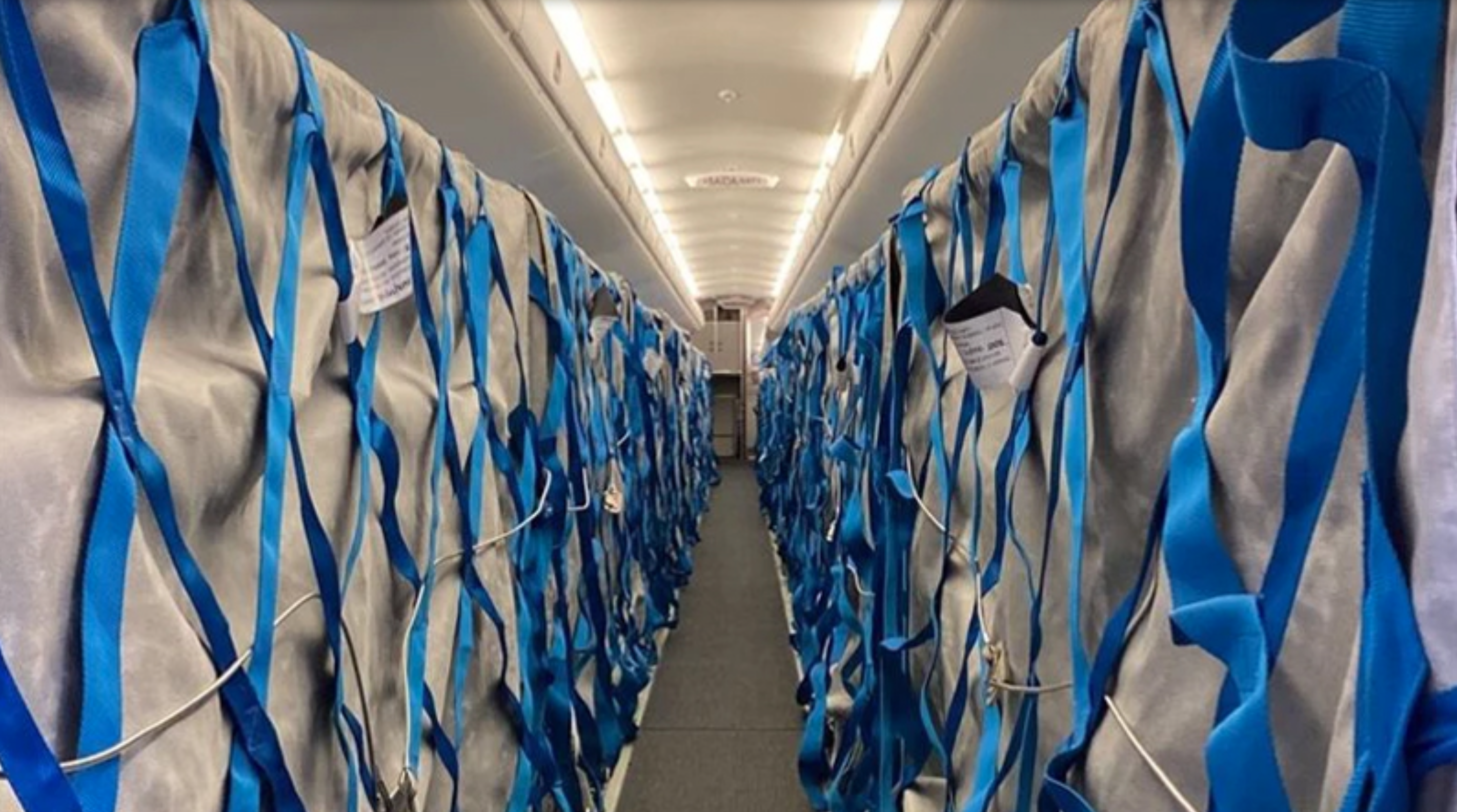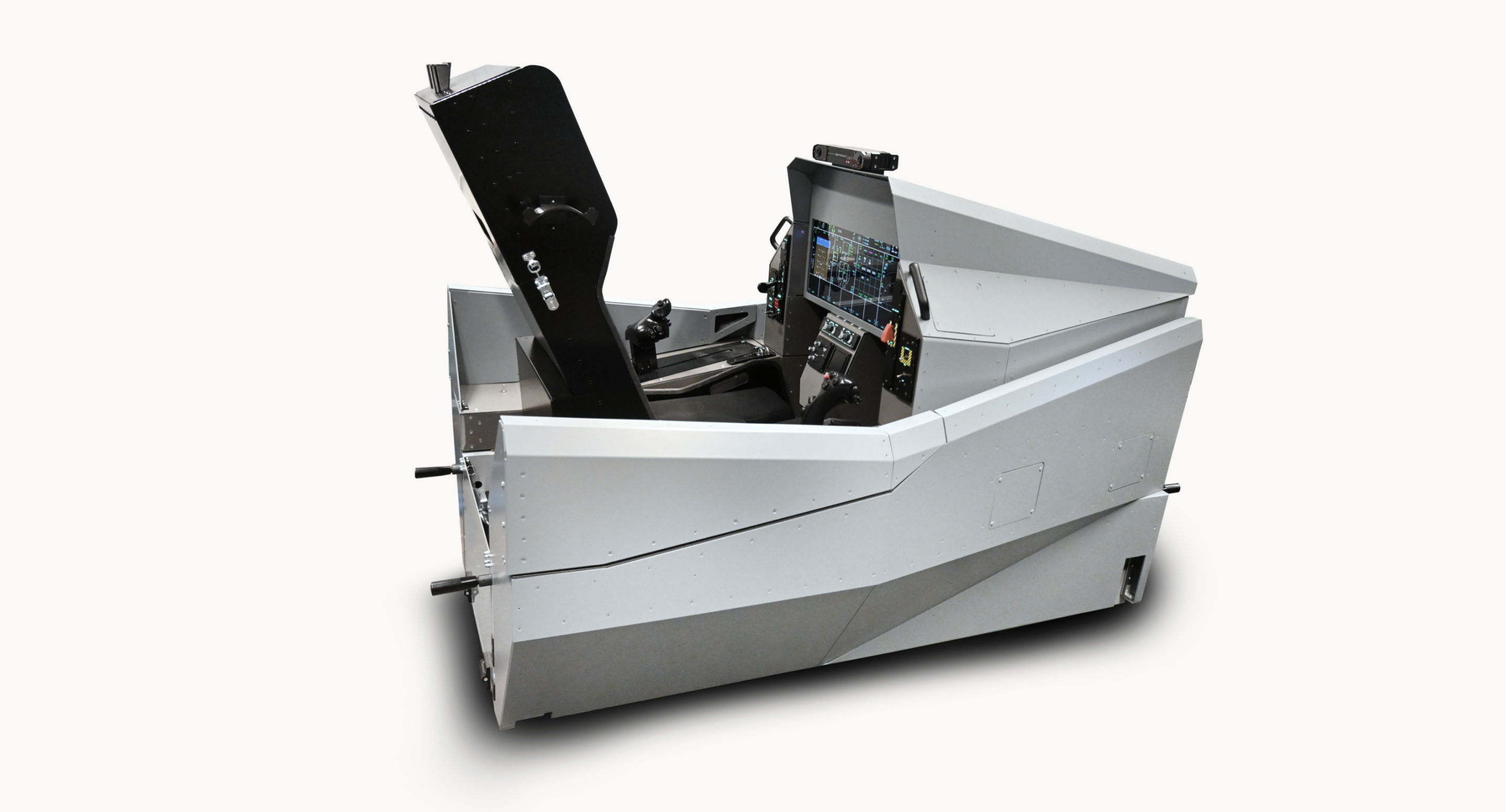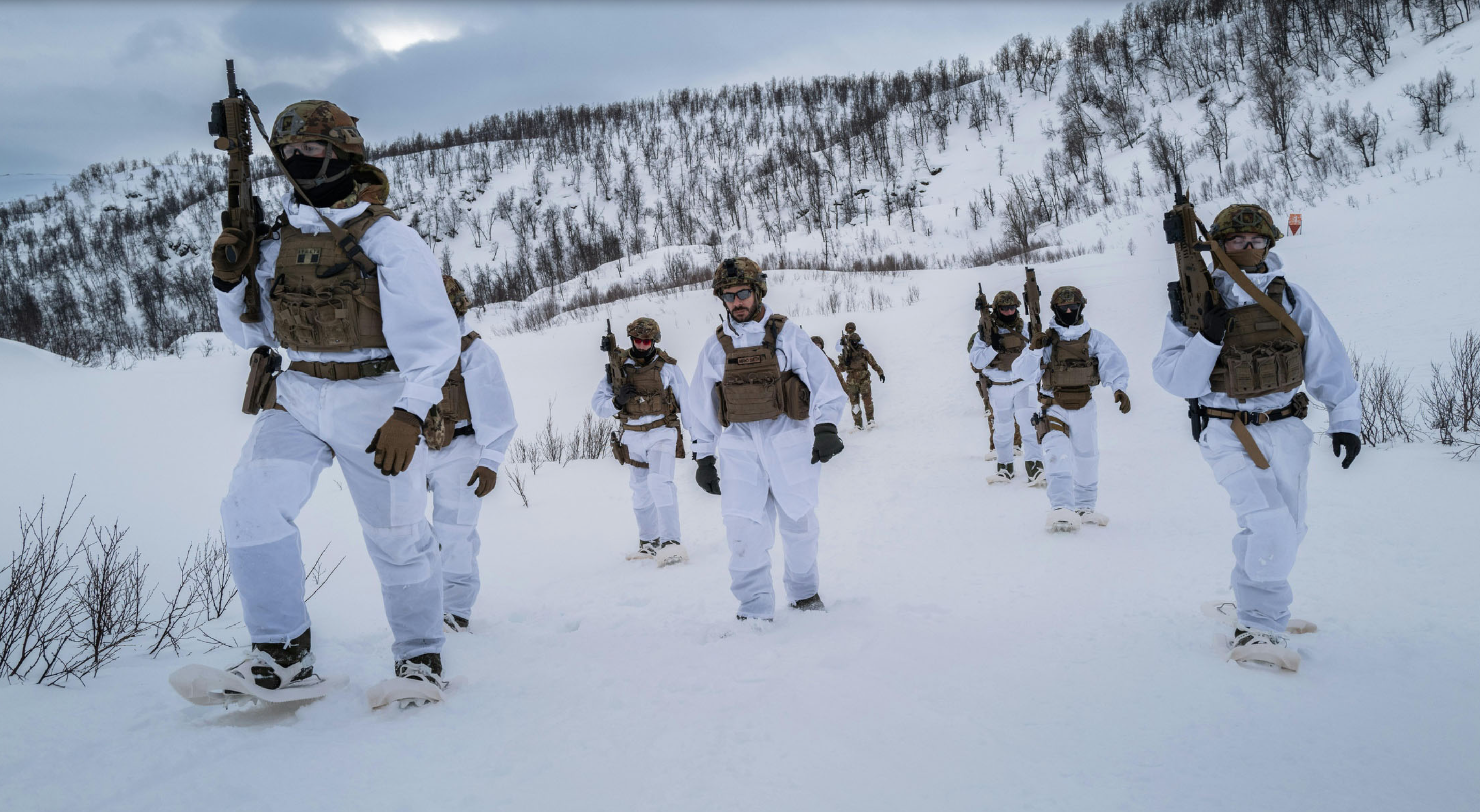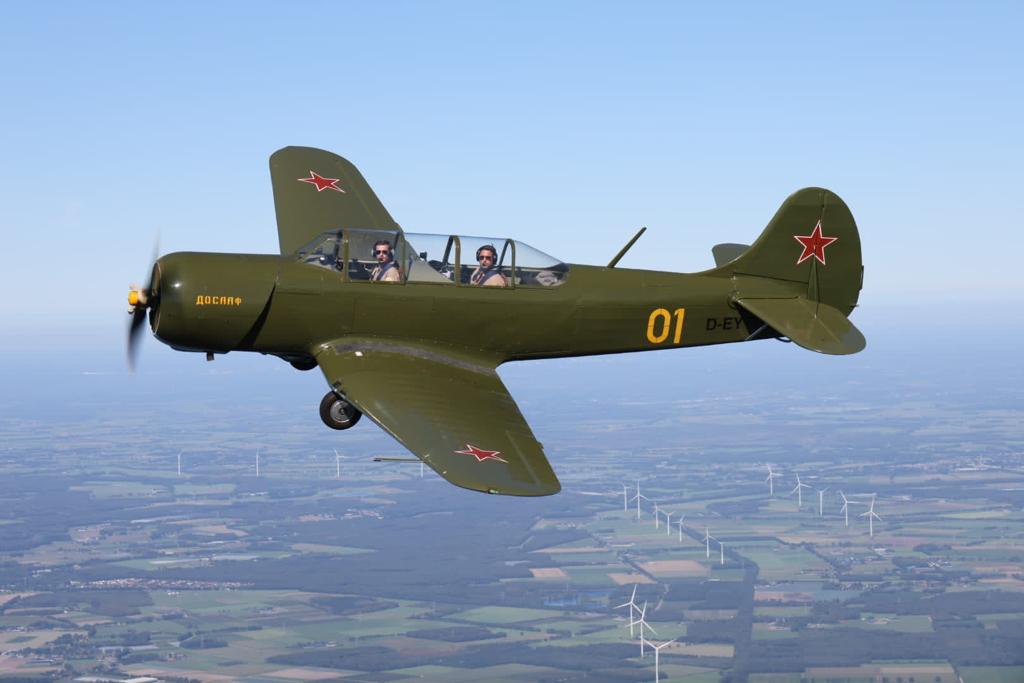An interview with Mirek Topolanek, Former Prime Minister of the Czech Republic and co-founder of NATO Days
NATO Days are the biggest security show in Europe. Who first came up with the idea of organising this event?
NATO Days in Ostrava and Czech Air Force Days are one of the biggest and most important aviation events in Europe. Paradoxically, the event began without planes and at the very beginning we did not even have the ambition to include them. The idea was born in late 2000 when Jagello 2000 approached the Ministry of Foreign Affairs with a proposal to organise an event that would make the general public more aware of the importance of the comprehensive security system while helping to eliminate stereotypes from the Warsaw Pact era, such as that generals, not politicians, make decision in NATO just as in the Warsaw Pact, that NATO is an offensive weapon of imperialism and the like.
However, I should have started with introducing Jagello 2000. This year, the vision and successful idea of the founder, the soul and the brain of the whole event – Zbyněk Pavlačík – is 20 years old; next year, Jagello 2000 will celebrate its 20th anniversary and in 2021, the 20th NATO Days will take place. Time flies … Zbyněk gathered a group of similar enthusiasts around him and convinced them to found Jagello 2000. He approached me in the autumn of 1999 at the Prague restaurant U tygra. I – a clearly profiled Euro-Atlantic politician – was immediately hooked!
The first activity that ran in 2001-2015 was a competition for secondary school students entitled ‘Aliante – what do you know about NATO?’ which took place in 14 countries. We founded the Czech Euro-Atlantic Council, we run the NATO Information Centre in Prague, the news portal natoaktual.cz, we organise regular Audits of the Czech Republic’s membership in NATO, we organise the annual national conference ‘Our Security Cannot Be Taken for Granted’, together with the Slovak think-tank Globsec we grant the Czech and Slovak Transatlantic Award and I could continue. I am really proud that I was at the birth of a similar activity, which I now watch more from a distance, with pride.
Today, tens of thousands of people attend the NATO Days and everyone knows what they are. What was your initial intention when you founded the event in 2001? What was its original mission?
I would not be afraid to say ‘hundreds of thousands’. NATO Days are the most attended two-day family event in the country. They are not only a platform for explaining important security topics, but also a social and commercial event. Although today’s NATO Days in Ostrava differ from the first afternoon on Černá Louka beyond recognition, the event has been supported by two pillars that have remained unchanged since its very beginning. The first is free admission. This is based on the assumption that visitors do not have to pay for a tour of something that has been acquired with their taxes. The second pillar is a broad-spectrum programme participation, involving a maximum number of units and departments actively involved in ensuring security, order, and people and property protection. It is this concept that makes NATO Days an absolutely unique event, presenting, in a single location, the whole spectrum including municipal police, prison service, customs officers, firefighters, rescuers, anti-terrorist units, army ground formations, as well as the air force and aerobatic demonstrations.
What specific role did you personally play in the birth of NATO Days?
I have already briefly described the establishment of Jagello 2000. I remember very well when, as a Senator, I participated in the final planning meeting for the first NATO Day in Ostrava in 2001, when the representatives of all units could fit around a single table and we were proud of the achievement. As a Senator for Ostrava, I could help in the position of the so-called “door opener”, especially at the Prague ministries, where, logically, no one knew much of Jagello 2000 then. It was at the time of Zeman’s government and with Jan Kavan at the Ministry of Foreign Affairs. It may sound surprising today, but in retrospect I have to thank them.
What is the biggest difference between today’s NATO Days and those at the turn of the millennium?
The first two NATO Days in Ostrava took place on Friday afternoon in the centre of Ostrava, at the Černá louka Exhibition Centre. The only flight demonstration was shown by a police helicopter. In those days, we were grateful for any presentation of military, police or rescue technology. Today’s NATO Days in Ostrava & Czech Air Force Days are an event which boasts presentations of about twenty countries, including those that are not members of NATO. Since 2014, the format of partner countries has been successfully established, making the event exceptional on a European scale. This year it will be Romania. All this confirms that the original concept of Černá louka was principal and timeless.
Have you attended all events? Which one do you remember most?
I think so. Maybe I missed a year or two when I was abroad.

Personally, I have clear memories of the year 2010, when the first strategic bomber B52 landed in Ostrava – only the third location of the former block at that time. This is a strategic aircraft and its participation was very symbolic for me … And then I also remember every attendance with my son, for whom attending NATO Days is always a memorable occasion.
What do you think the magic of NATO Days is, why does the event attract so many people?
First, because it is an event with an original concept, which we have already talked about. Another reason clearly is the attractiveness of the programme. Every year, top-class technology from many countries is being presented here, which you really can’t see anywhere else. Last but not least, the event is perfectly and professionally organised. And let’s not forget the little and big boys, for whom, even at a time of suppressed masculinity, any military event is highly attractive. To be fair, I do see a lot of excited little girls of all ages there as well.
Who organises the event today and are you yourself involved in the organisation?
From the beginning, the main organiser has always been Jagello 2000 led by Zbyněk Pavlačík, which, however, would never have been able to succeed without a long-term, continuous support and cooperation with dozens of other partners and entities. The event requires demanding multidisciplinary coordination and efforts.
It is understandable that as a politician, indeed as a Prime Minister, I was in a position to provide a fundamental support. My participation today is only symbolic and “representative”. I am not vain and I am happy that the event is now “owned” by the President, the government, the Ministries of Defence and Foreign Affairs, the army, the units of the integrated rescue system, the region, the city as well as current politicians. This also makes NATO Days unique. Security is one of the few topics that seems to bring today’s divided society together, and the security community that has arisen from NATO Days has no party or ideological barriers.
In your view, how well is the Czech Republic doing in the aviation industry?
The country is doing relatively well. When I came to Straka Academy in 2006, Aero Vodochody was facing bankruptcy and was under the threat of losing licenses and control. I decided to utilise the tender just completed and Aero was sold to Penta. It was a risky but a successful step, despite all problems then and today. Penta redirected Aero back to military production and returned to the development and production of its own training and light combat aircraft, the L-39 NG. Unfortunately, the company has recently lost an important contract for the delivery of cockpits for Sikorsky’s UH-60M Black Hawk helicopters. Therefore, it is most bizarre that we should now buy these helicopters for the Czech army without being involved in their production, which was already traditional. I don’t understand and don’t agree! The return of production to Vodochody should be one of the government’s key offset requirements within this procurement. Today, Aero also manufactures Airbus A220 fixed leading edges and serial parts for the Embraer KC-390 military transport aircraft. Also under way is the production of shell structures for the conversion of the passenger versions of Airbus A320 and A321 into cargo aircraft. For me personally, it is a great satisfaction that our idea of using the modified L-159 for training for Gripens is now being realised in the form of the L-159 T2 which are already being shipped to customers.
Can Czech aviation companies match their competitors in Europe and in the world?
They certainly can in terms of today’s quality and scope. Czech companies are amongst the few in Europe that have retained the capability to produce complete aircraft in-house, from fuselage, and drives to propellers and instrumentation. We rank amongst the world’s superpowers in the production of aircraft engines and ultralights. There are over 70 manufacturers in the sector, expanding worldwide. A typical example is the launch of mass production of a small transport aircraft for super-short runway, the L-410 NG in Kunovice.
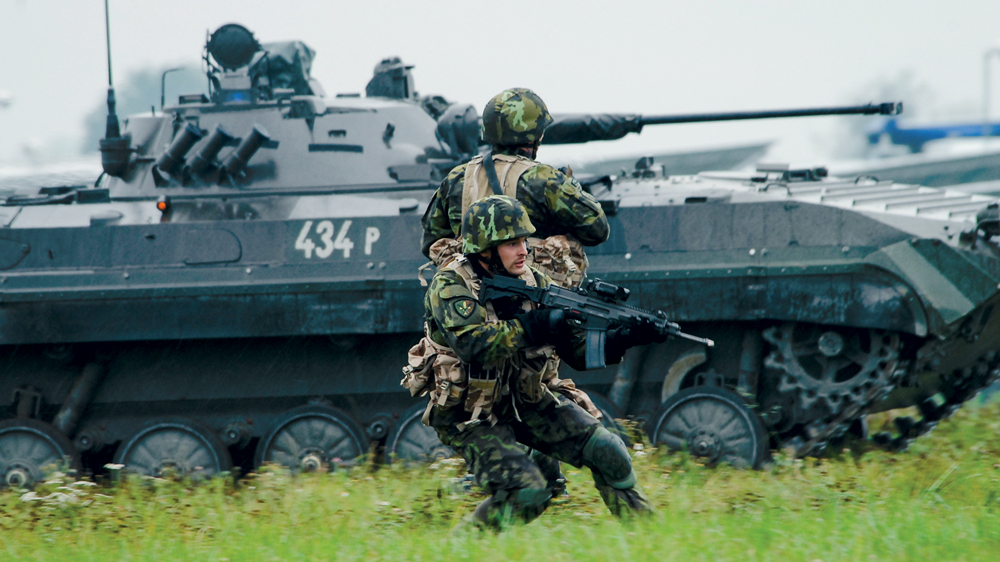
Do you think that aerospace receives sufficient governmental support?
You won’t get a positive assessment of today’s authorities from a former right-wing politician. Leading industry sectors, including aerospace, critically need government investment in technical education, R&D, institutional support, low taxes, a stable legal environment, skilled workforce and targeted pro-export policy. The current government is heading in the opposite direction, bribing the inactive, unsuccessful, unproductive. As if they have forgotten that only the ability to produce and export high-value-added products and prudent fiscal policy will ensure long-term social security for all. At the time of growth, the government is acting in an unprofessional, populist and suicidal manner. ‘After me, let the deluge come’!
At the risk of sounding self-centred, we were the ones who brought the Czech Republic to the European Space Agency, following my quite complicated negotiations in 2007 in Prague and Paris, we were the ones who started the Galileo project and, as I said earlier, we were also the ones who made the decision to resolve the Aero issue. It’s all about responsibility, courage and vision. This is what today’s marketing magicians lack.
What specifically could the government do differently?
Everything!
The United States, France, Great Britain and other western countries support the aviation sector more than the Czech Republic. Should we take inspiration from these countries? And if so, in what way?
We cannot compete with either of those powers. It would suffice if we are the first or second in the world in what we do, i.e. in a particular segment of military production, invest massively from public and private funds in research and development, and create incentive programmes for students of technical subjects. And refrain from interfering with manufacturers and making their life difficult.
Just like many technical disciplines, aviation has also been struggling with the shortage of graduates, i.e. the shortage of workforce. Without it, progress will be difficult to make. Does this situation have a solution?
In the short term, and in this political constellation, the answer is no. To begin with, I would recommend to those uninformed to take out our White Book of Tertiary Education from the ministerial drawers and start implementing it. It is not right-wing or left-wing … It is the only way forward. Then it would be necessary to defeat the Rector’s Conference led by rectors of mostly left-wing humanities universities, and prefer research at technical universities, direct the Academy of Sciences towards excellence, put TAČR into operation and finally introduce tuition fees in form of deferred payment. In the UK, this was achieved by the “left”. Today, all this looks like a mission impossible.
It is at all possible to prevent qualified workers from leaving for more attractive and better paid jobs abroad?
No. And why? Perhaps only by providing comparable conditions here.
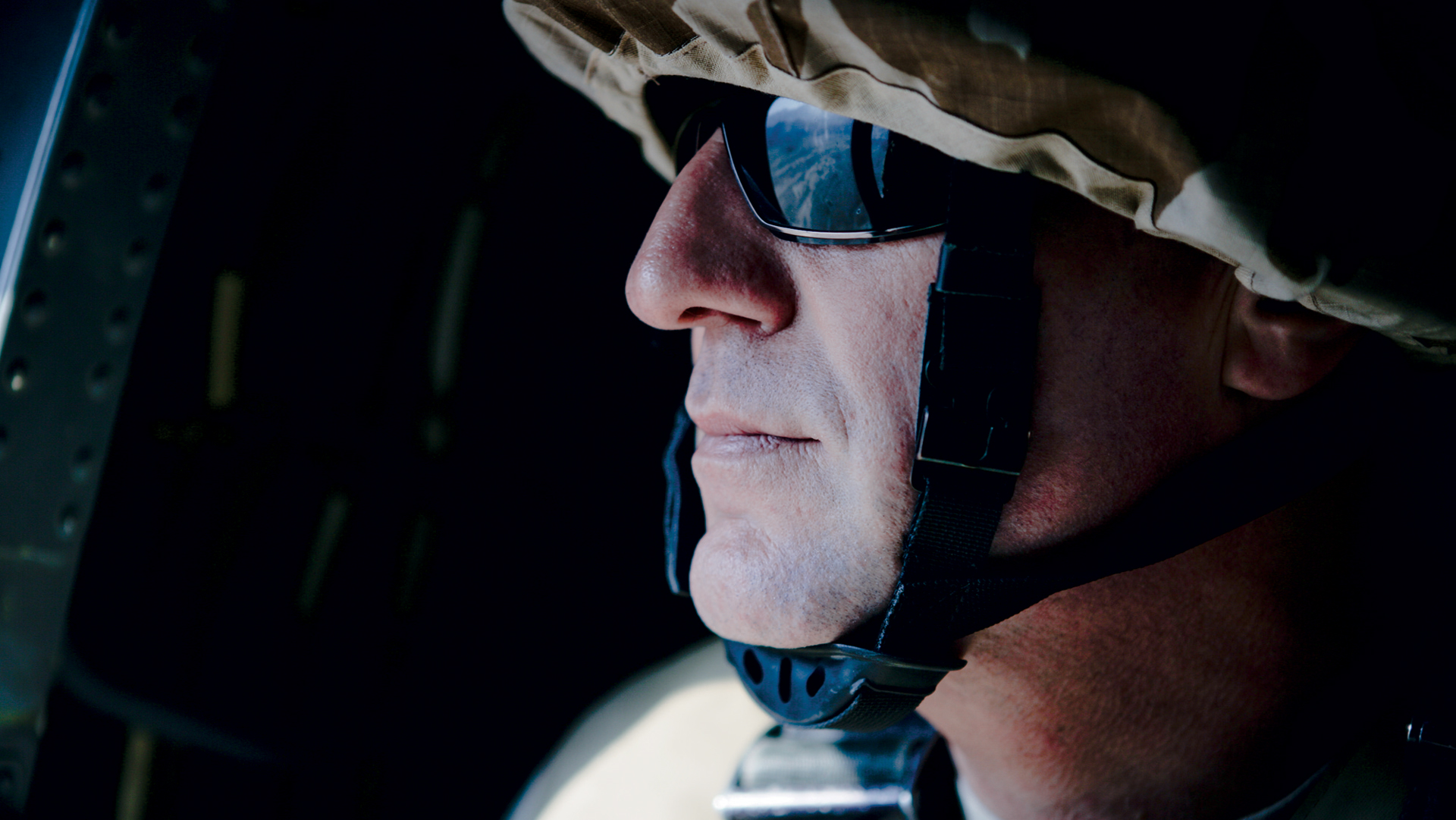
The next question is closely related to aviation. In your opinion, should the Czech Republic increase its investment in defence and quickly start contributing at least 2 percent of GDP to this sector as it has jointly pledged with other NATO members?
Personally, I consider this a redundant question. I consider two percent as a compulsory basis. But this is not about percentages and extra billions, but more about the inability to agree on a long-term defence vision and even more so on its implementation, the inability to tender, select and buy appropriate technology, logistics, pay for the training and all things related and spend even today’s money effectively. All are afraid of making a decision, signing something, fighting for something. Strange times….
You left politics a few years ago, what are you actually doing now?
Right now, I’m answering your questions 😀
No, seriously… Yes, it’s been 10 years. My activities in political retirement have had their dynamics and development. For a number of years now, I have been working for Daniel Křetinský’s EPH in various fields of power engineering in this country and abroad. I also give lectures and my only political activity is self-gratification on Twitter. I do what I like, what earns me money and what makes me happy.
Would you say that you are an aircraft lover?
Probably not. I am a lover of life. Nevertheless, or precisely because of that, I am also a typical passive consumer of air transport.
Interviewed by: Kateřina Ševčíková Urbanová
Photos by: NATO Days
